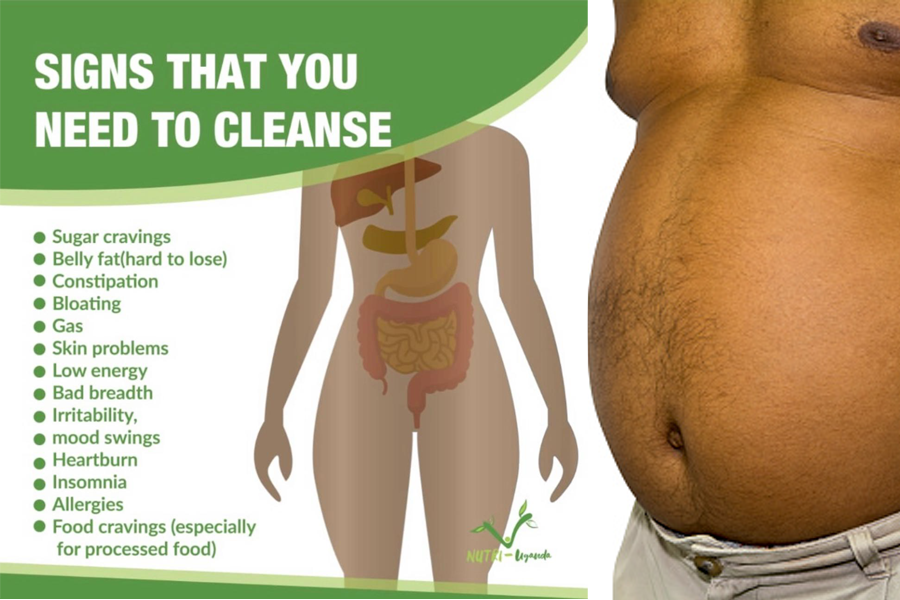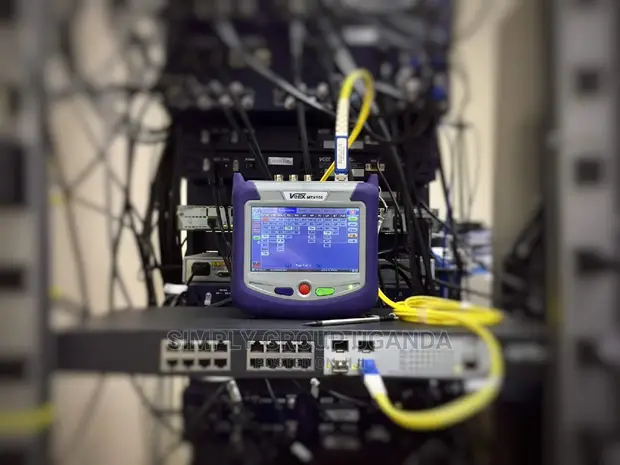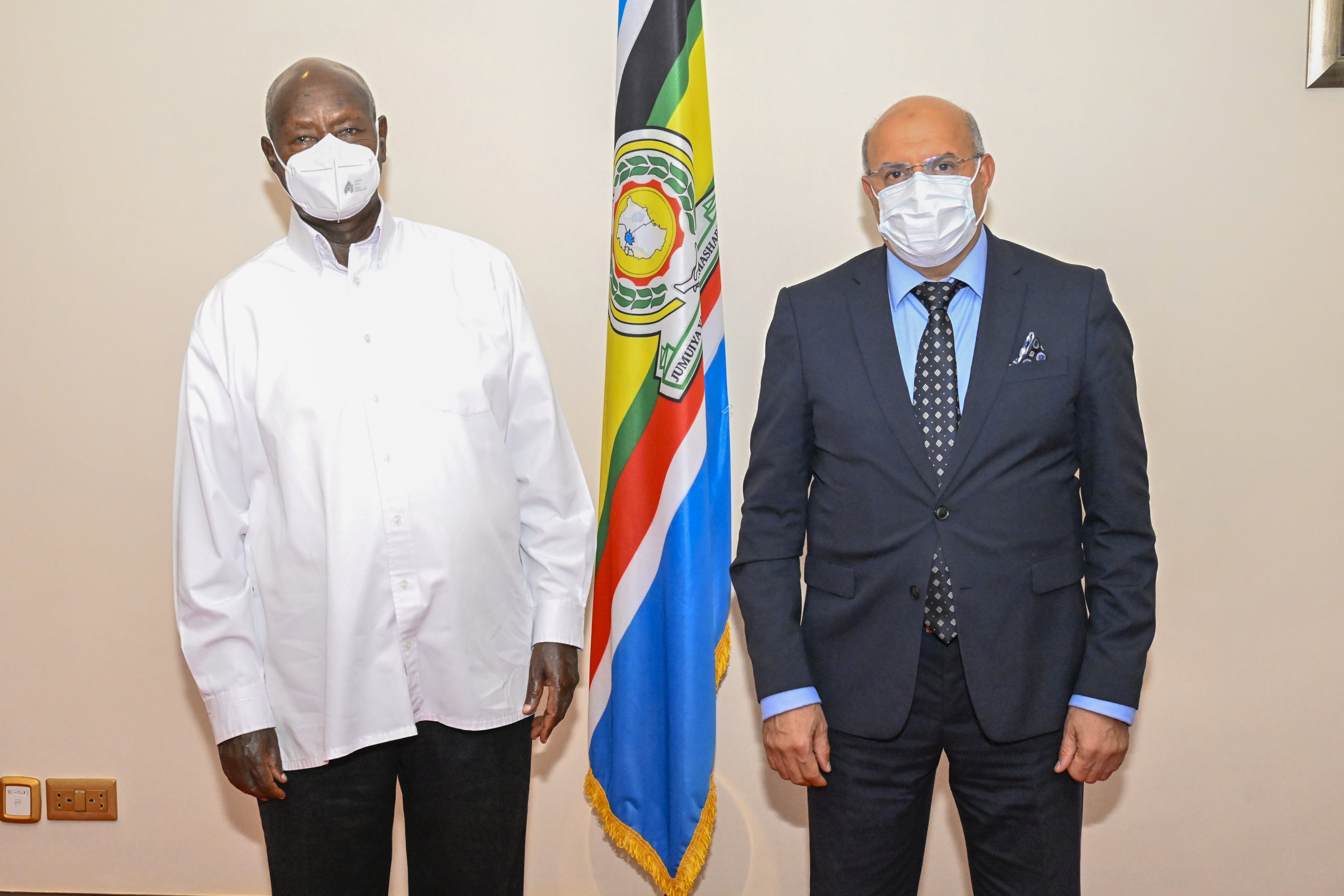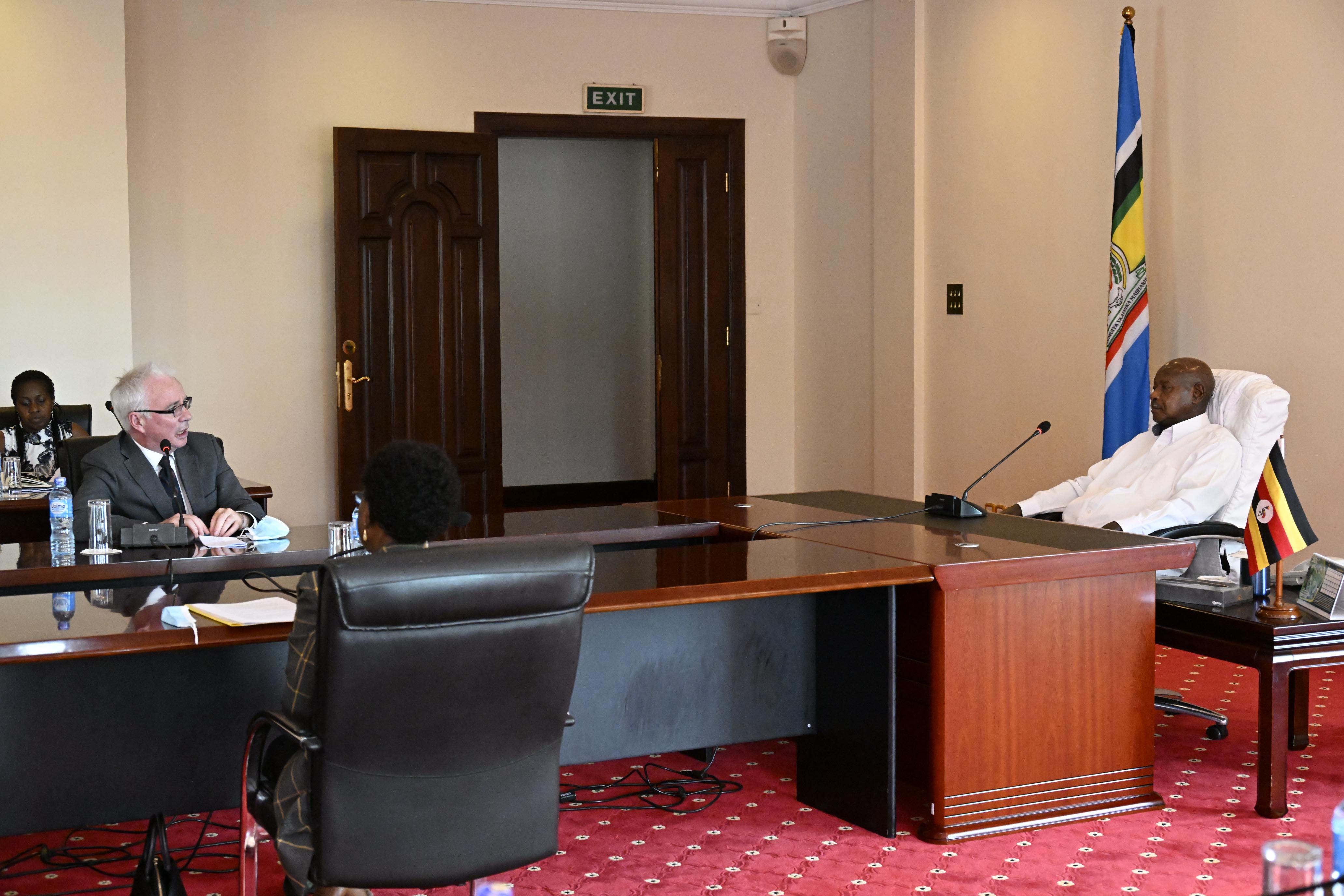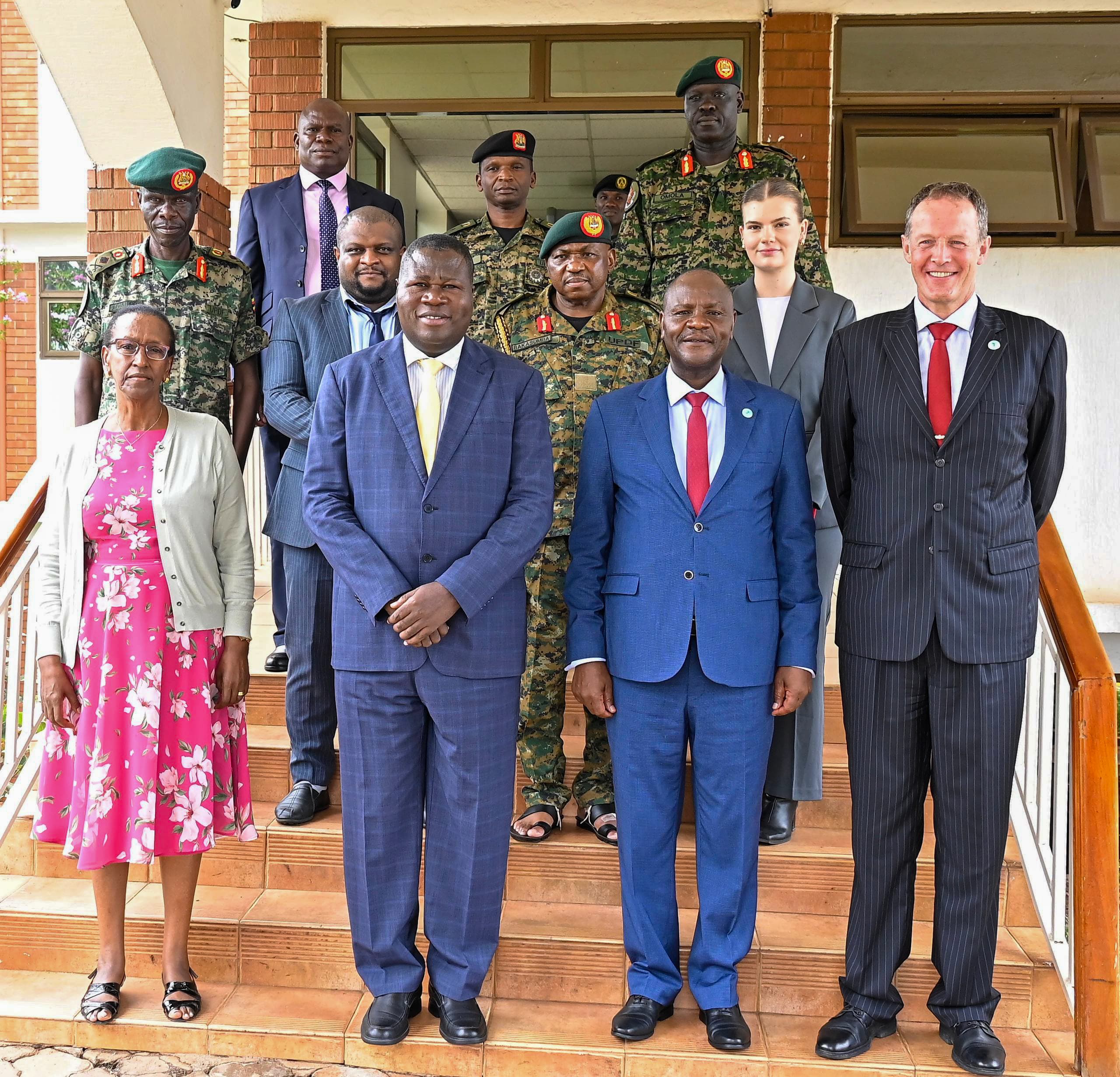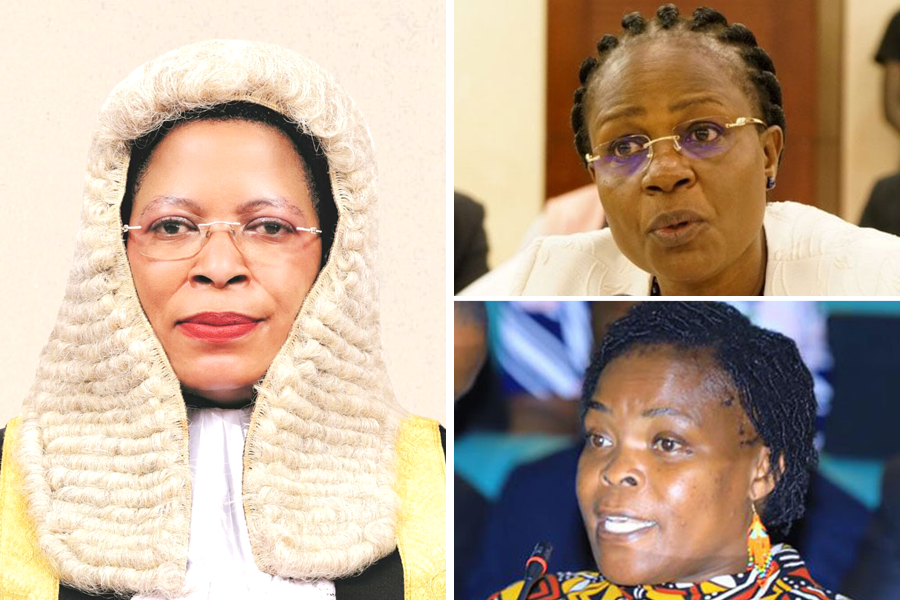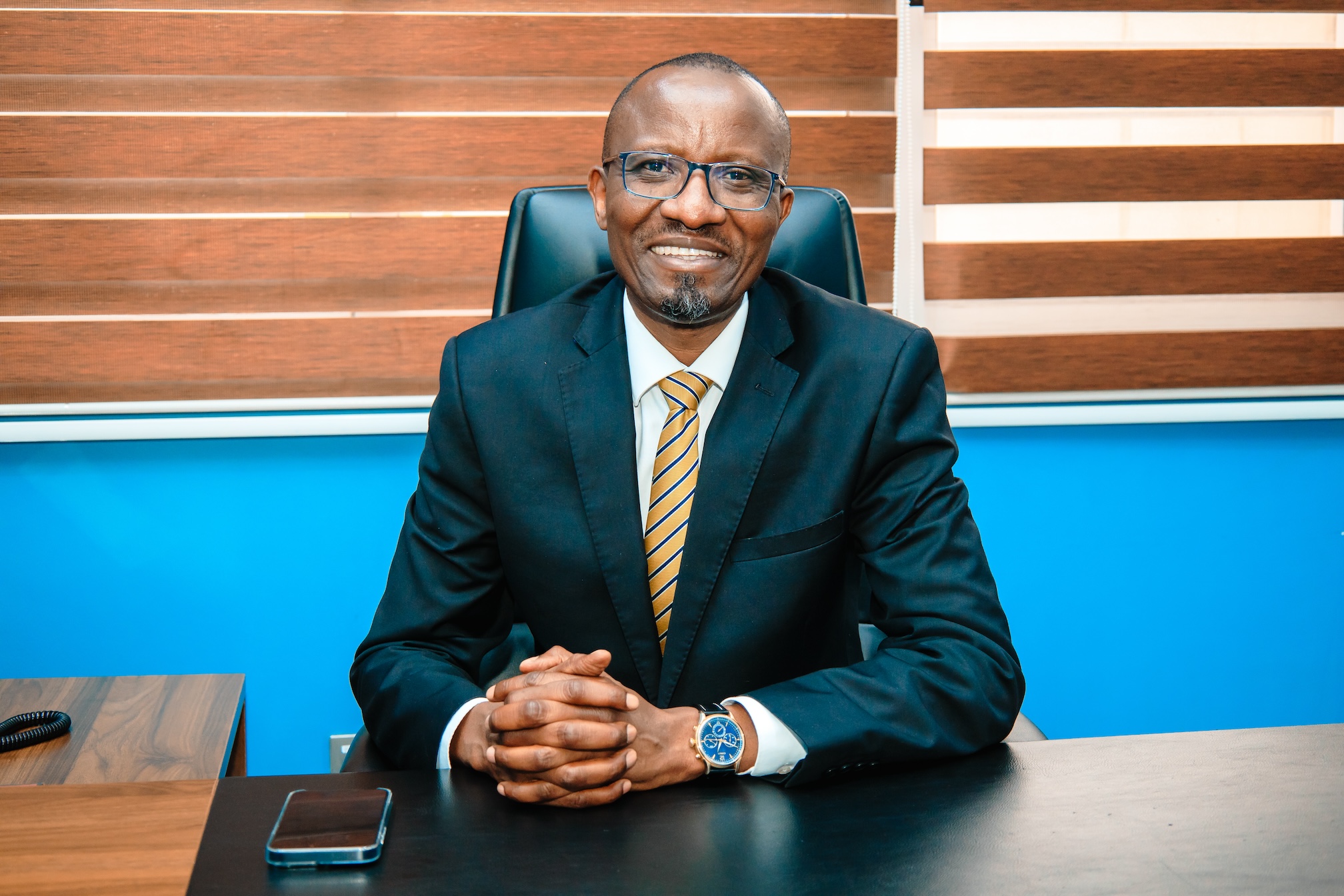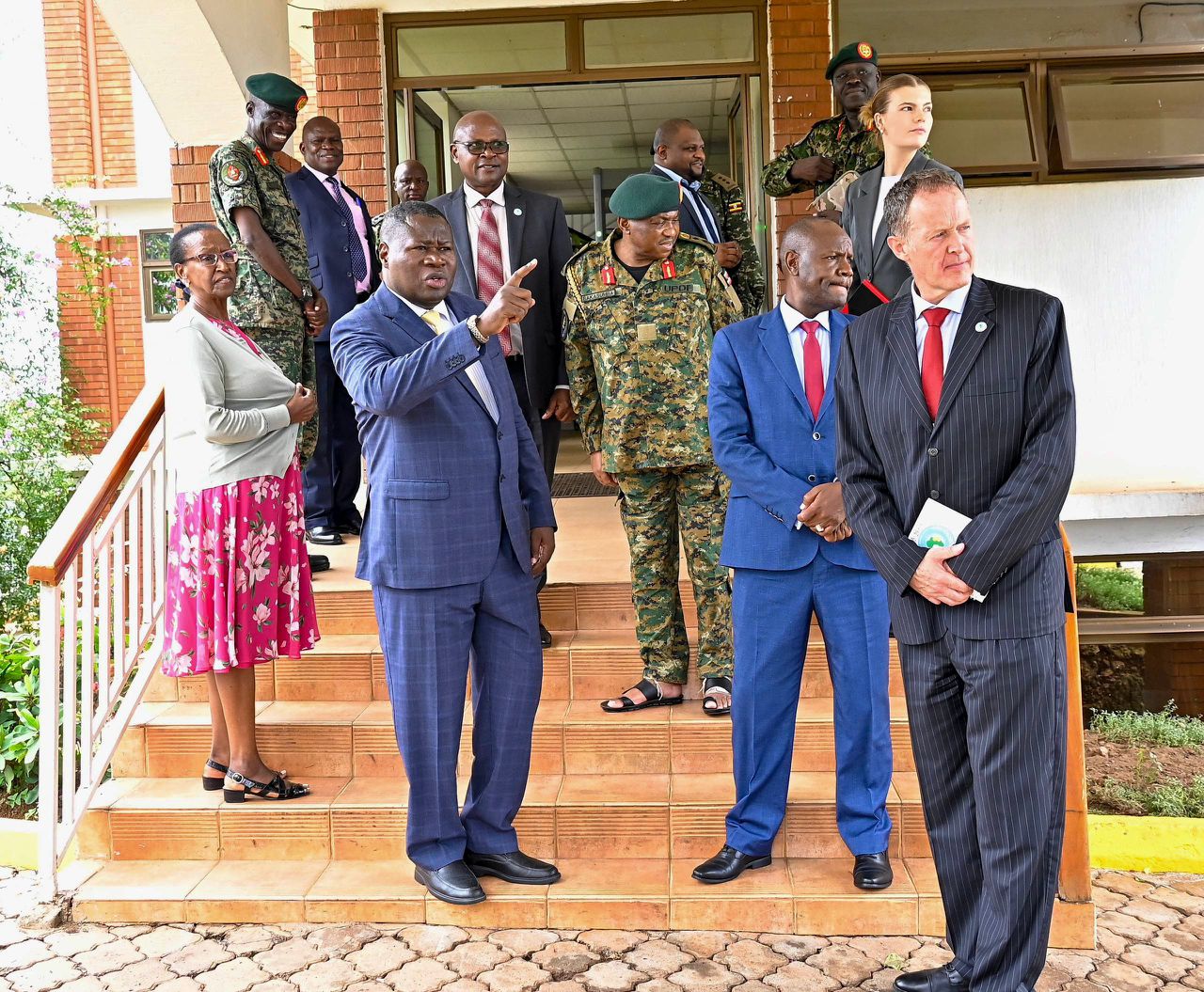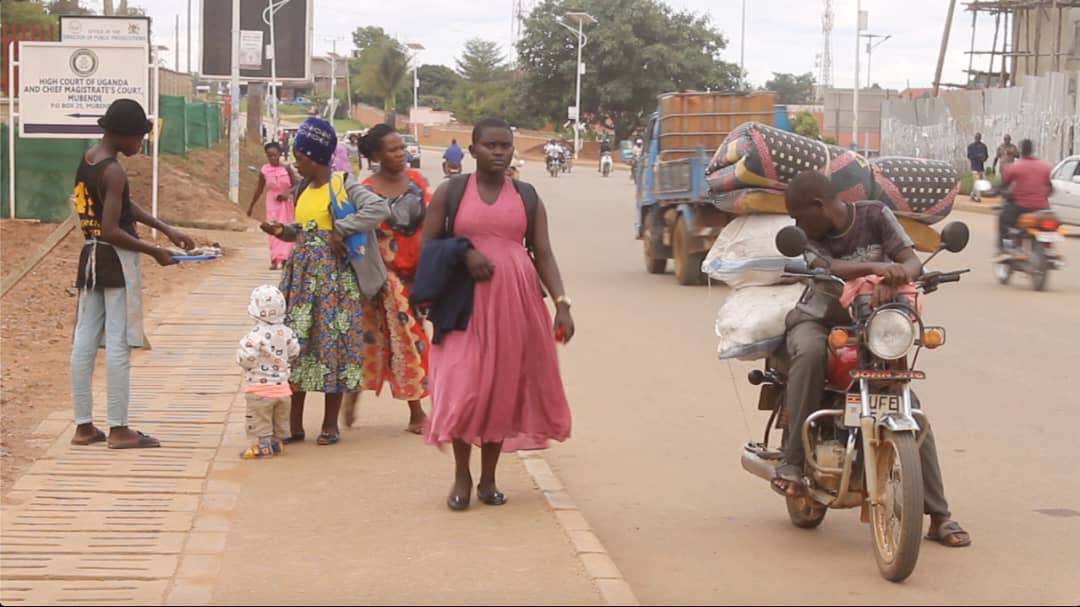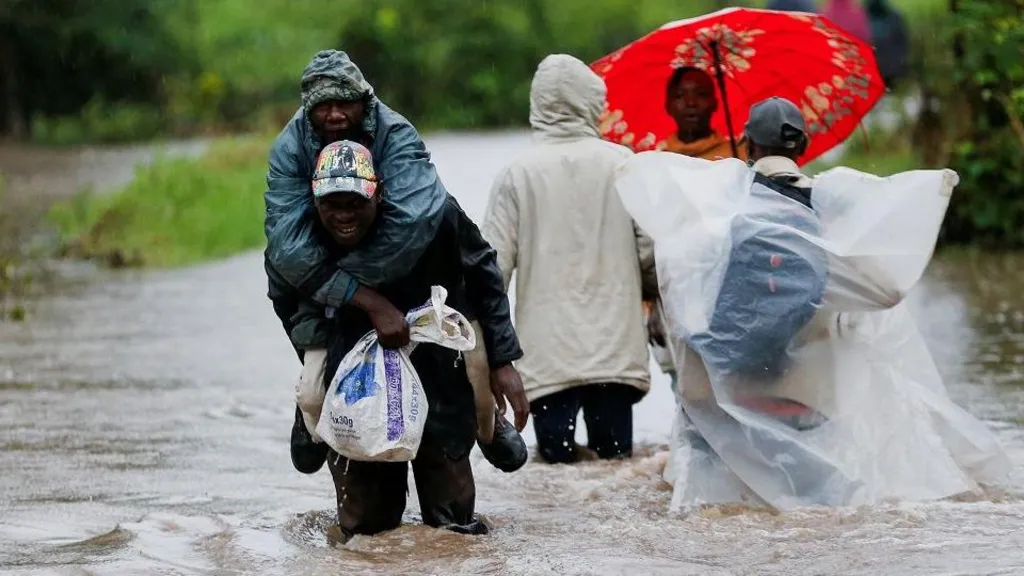Interventions against online violence will give women stronger voice in politics
Violence against women is a backward practice that still bedevils our society and with the advent of social media, theperpetrators of this barbaric practice haven’t been left behind either.
A report released recently by Pollicy, a research organisation that focuses on data mined from technology based andsocial media platforms together with the National Democratic Institute highlighted some of the pitfalls of violence against women on social media during the 2021 election period in Uganda created.
Keep Reading
Titled “Amplified Violence” the report is a result of a research that focused on 202 social media accounts of femalepolitical candidates and high-profile individuals monitored during the months towards the elections and immediatelyafter.
This was especially focused on December 2020 and January 2021 when the election season peaked and wascompleted.
This research was geared at finding out the impact of online violence on Ugandan women politicians' use of socialmedia for political and democratic purposes.
On top of monitoring the accounts of candidates and high profile individuals, Pollicy also reached out to Experts in thefields of Women’s digital rights to further understand the impact of this type of violence.
According to the report, Ugandan women are yet to exploit social media fully as a means of political campaign and only 68% of the women’s accounts monitored were used for campaigns at least once a week with Facebook being the platform most used by women candidates.
On twitter it was discovered in the same research that women candidates generated less than half the tweets generated by their male counterparts. It was also noted in this research that women candidates didn’t make use of hashtags to promote their political campaigns something that would have been a big boost.
Different forms of online violence targeting the women in this group were also noticed. They took the form of body shaming, gendered and sexual harassment, trolling and sexual insults to mention but a few.
While men were attacked largely based on their ability to perform, this report noted that violence or attacks onlinetowards women candidates were misogynistic in nature and centred more around their gender roles than ability to perform as leaders.
Commenting on the findings of this report, Neema Iyer the Executive Director of Pollicy and Founder noted that given the power social media has in helping to bring women to the forefront of political spaces, positions and empowerment, more research and effort should be put into addressing online violence and hate speech.
This in turn will ensure that feminism, inclusion of women and the right democratic values can be upheld in society.
Other reasons the research highlighted that led to low usage of social media by women candidates included a high cost of social media access, prohibitive internet taxes and political blockades targeting social media.
About 5 days to the general elections in Uganda a blockade on Facebook was instituted by the state in retaliation tothe platform taking down accounts of pro-government officials it claims were violating its policies and minimumstandards. The blockade is yet to be fully lifted to date.
Emanating from this research, Pollicy also recommends a number of solutions that can mitigate Online BasedViolence especially against women.
These recommend interventions need to be undertaken by political authorities, women’s groups and technologycompanies that operate these platforms in collaboration with other stake holders in order for them to be effective, the report emphasizes.
These include rolling out more digital literacy and safety training for the women candidates done by CSOs, academia, Government agencies and organisations in the political space.
The report notes that the key issues to be covered here include optimizing social media accounts for best results and dealing with abusers on these platforms.
Pollicy's report also calls for de-stigmatization of online gender based violence and it’s victims through talking about it and working with social media platforms to improve and create more reporting mechanisms and punishments for those who perpetrate this abuse.
Social media companies need to invest in better artificial intelligence technology that can ease the use of local languages and best harness local content eco-systems. This will encourage more participation of women and other side lined stakeholders in using social media platforms for campaign purposes according to the report.
This should be extended to include both manual and automated content moderation systems that also pick out any abuse and deal with it firmly.
Emphasis according to this report should be put on fast tracking the ratification of electoral standards and legal provisions such as The African Charter on Democracy, Elections and Governance (ACDEG).
This will ensure democratic principles are followed by all players in the electoral process including online platforms and governments.
With increased and improved use of social media at the fore front of the drive towards #The Africa We want, the attainment of the 2020-2030 African Union Digital Transformation strategy for Africa will be fast tracked the report notes.
In turn this will among others ensure more women use social media platforms even for political campaigns and the violence against them on these platforms is effectively stopped using the above recommendations.
Email: michaelkanaabi@gmail.com
WhatsApp: +256701133509


